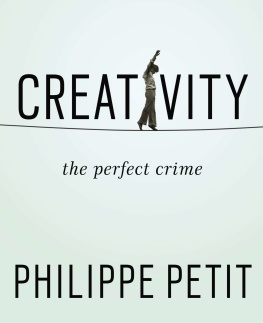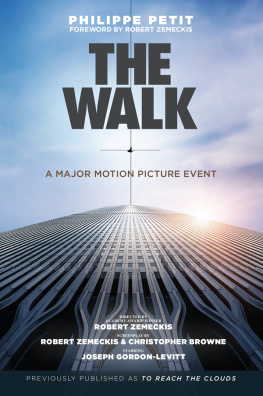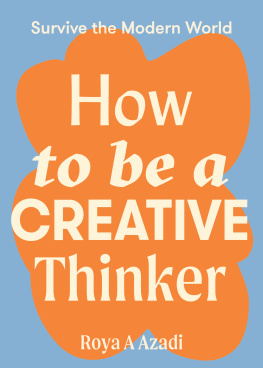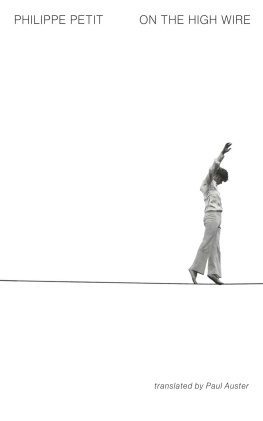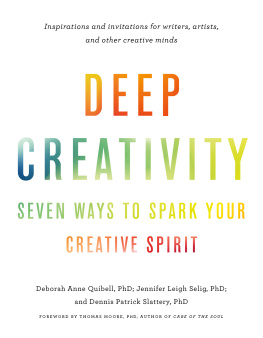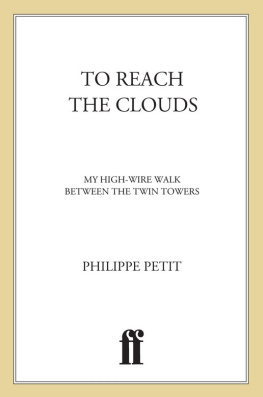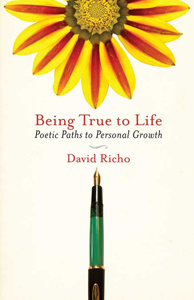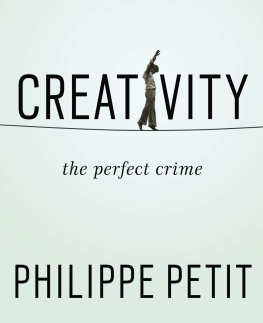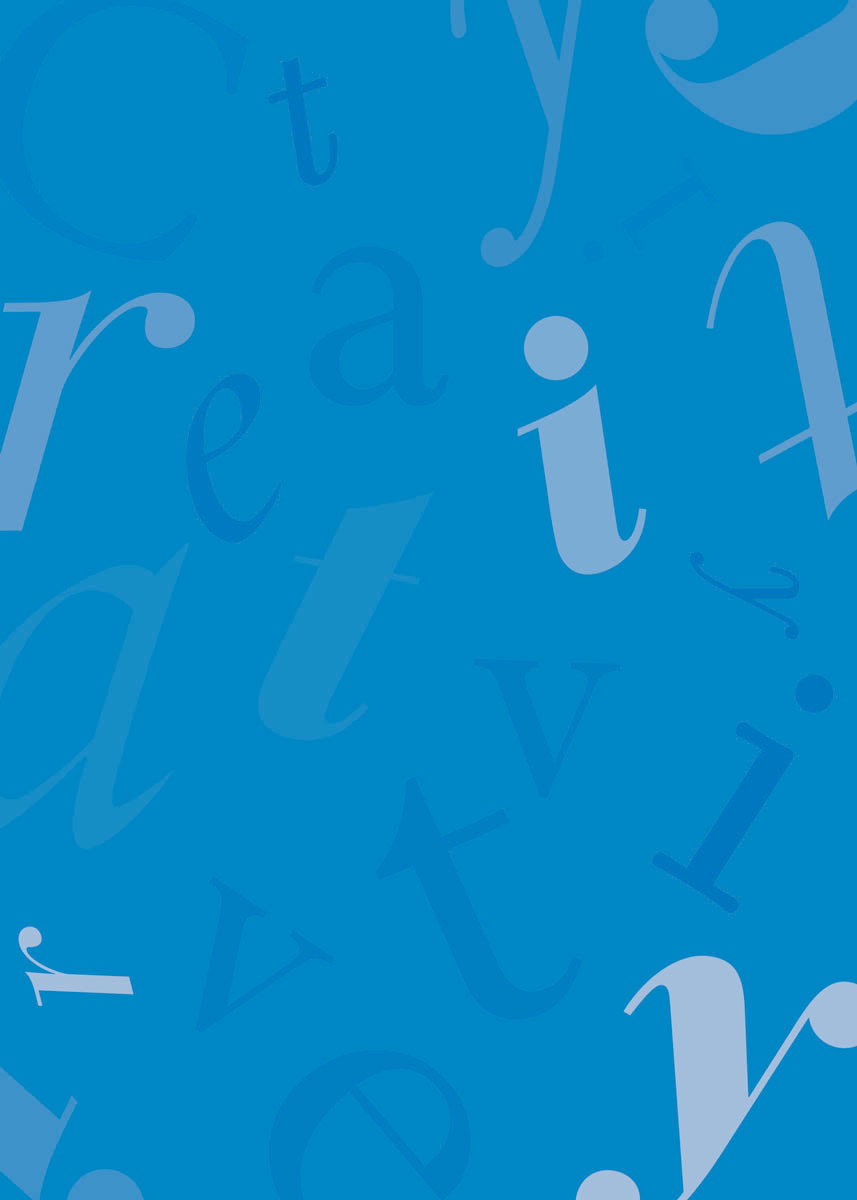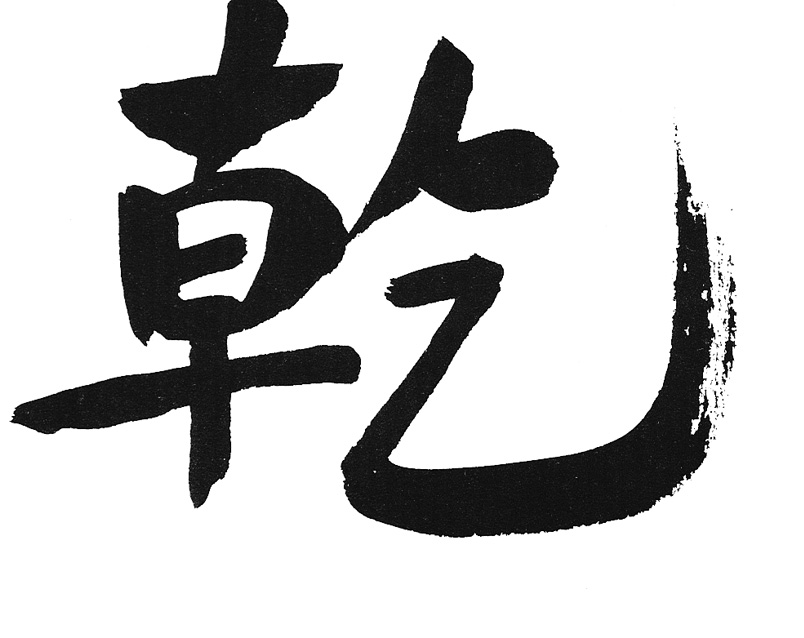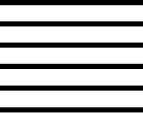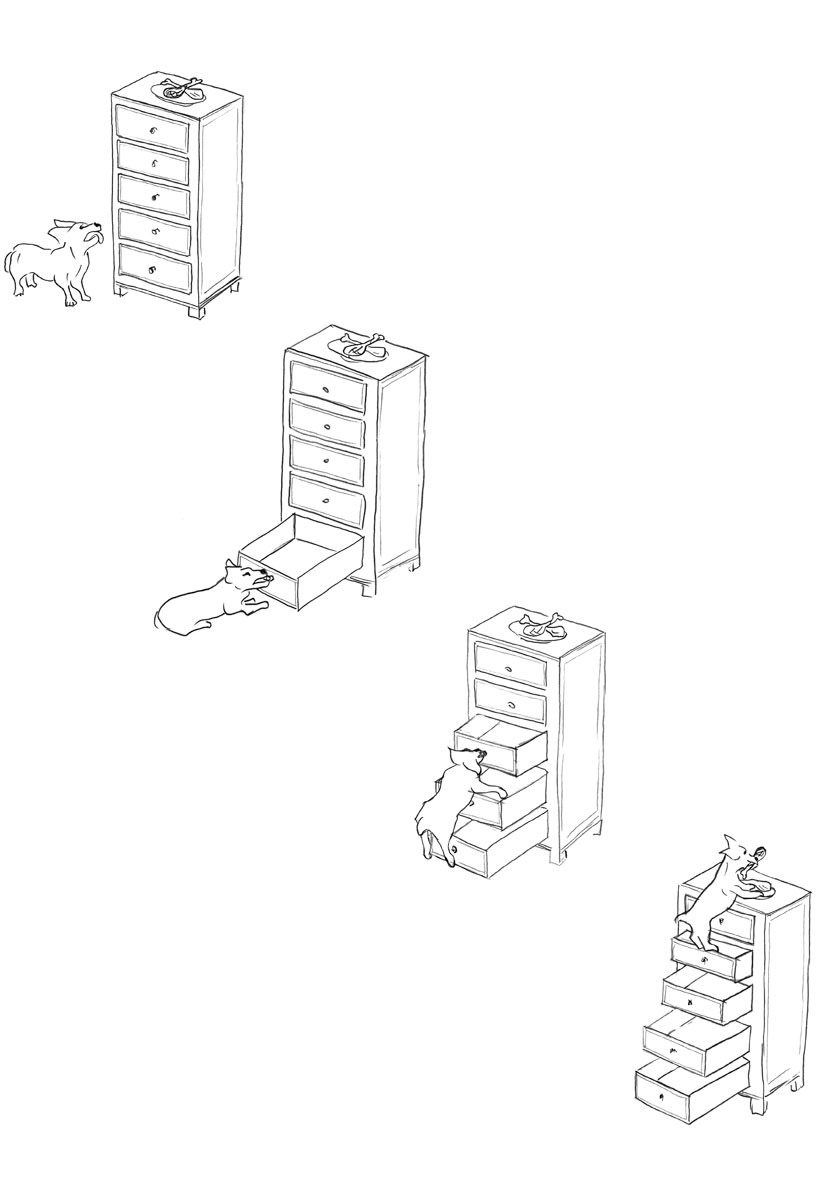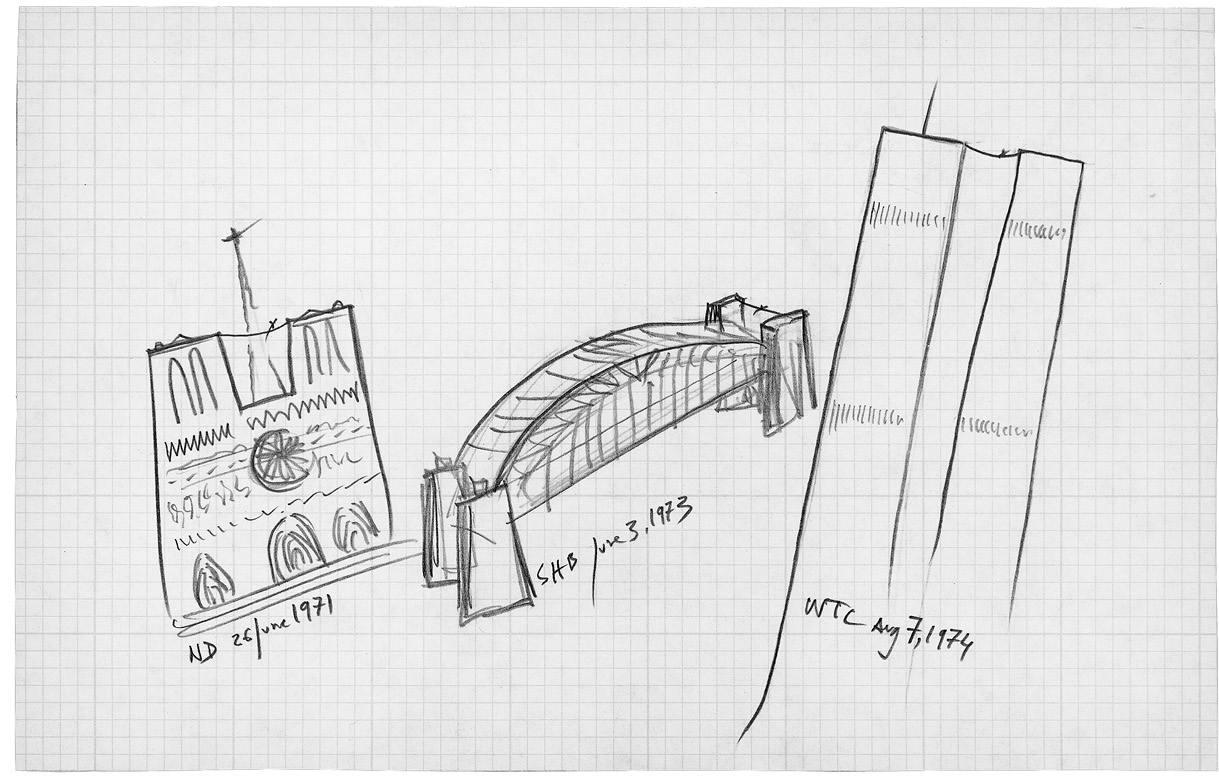Petit - Creativity : the perfect crime
Here you can read online Petit - Creativity : the perfect crime full text of the book (entire story) in english for free. Download pdf and epub, get meaning, cover and reviews about this ebook. year: 2014, publisher: Riverhead Books, genre: Home and family. Description of the work, (preface) as well as reviews are available. Best literature library LitArk.com created for fans of good reading and offers a wide selection of genres:
Romance novel
Science fiction
Adventure
Detective
Science
History
Home and family
Prose
Art
Politics
Computer
Non-fiction
Religion
Business
Children
Humor
Choose a favorite category and find really read worthwhile books. Enjoy immersion in the world of imagination, feel the emotions of the characters or learn something new for yourself, make an fascinating discovery.
- Book:Creativity : the perfect crime
- Author:
- Publisher:Riverhead Books
- Genre:
- Year:2014
- Rating:4 / 5
- Favourites:Add to favourites
- Your mark:
Creativity : the perfect crime: summary, description and annotation
We offer to read an annotation, description, summary or preface (depends on what the author of the book "Creativity : the perfect crime" wrote himself). If you haven't found the necessary information about the book — write in the comments, we will try to find it.
Completely original insights, philosophy, and approaches to the creative process developed over a lifetime of uncompromising pursuit of the impossible, by Man on Wire Philippe Petits uncompromising pursuit of art-- Read more...
Abstract: In the vein of The Creative Habit and The Artists Way, a new manifesto on the creative process from a master of the impossible. Since well before his epic 1974 walk between the Twin Towers of the World Trade Center, Philippe Petit had become an artist who answered first and foremost to the demands of his craft--not only on the high wire, but also as a magician, street juggler, visual artist, builder, and writer. A born rebel like many creative people, he was from an early age a voracious learner who taught himself, cultivating the attitudes, resources, and techniques to tackle even seemingly impossible feats. His outlaw sensibility spawned a unique approach to the creative process--an approach he shares, with characteristic enthusiasm, irreverence, and originality in Creativity: The Perfect Crime. Making the reader his accomplice, Petit reveals new and unconventional ways of going about the artistic endeavor, from generating and shaping ideas to practicing and problem-solving to pulling off the coup itself--executing a finished work. The strategies and insights he shares will resonate with performers of every stripe (actors, musicians, dancers) and practitioners of the non-performing arts (painters, writers, sculptors), and also with ordinary mortals in search of fresh ways of tackling the challenges and possibilities of everyday existence--
Completely original insights, philosophy, and approaches to the creative process developed over a lifetime of uncompromising pursuit of the impossible, by Man on Wire Philippe Petits uncompromising pursuit of art
Petit: author's other books
Who wrote Creativity : the perfect crime? Find out the surname, the name of the author of the book and a list of all author's works by series.

